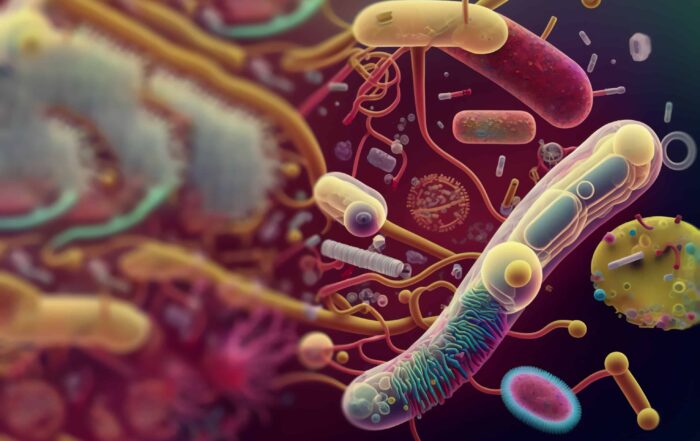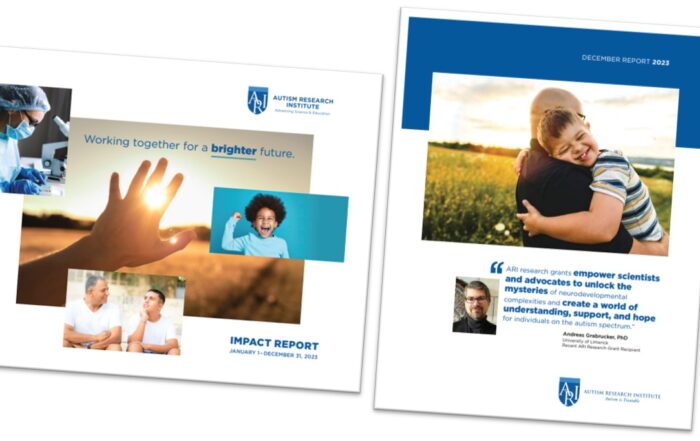More evidence linking autism spectrum disorders (ASD) to gastrointestinal problems comes from a study by researchers in Taiwan and the United States, who report that ASD occurs at an elevated rate in children with a history of constipation in infancy.
Using records from the National Health Insurance Research Database (NHIRD) in Taiwan, Yi-Feng Lee and colleagues retrospectively identified 12,935 children aged 3 years or younger who suffered from constipation. They compared these children to non-constipated children matched for age, gender, and underlying comorbidities.

The researchers report, “Higher risk of ASD was observed in constipated children, especially in more severely constipated children who received more laxative prescriptions.” They found that the incidence rate of ASD was 12.36 per 100,000 person-months in the constipation group, which was significantly higher than the rate of 7.84 per 100,000 person-months seen in controls.
The researchers conclude, “Clinicians should look out for prodromal [early] symptoms of ASD in young children with constipation and be aware of the possibility of neurodevelopmental problems in these patients. Furthermore, pediatricians should assess the bowel condition, including the patency and gut microbiota, in children with ASD.”
—
“Association of early childhood constipation with the risk of autism spectrum disorder in Taiwan: real-world evidence from a nationwide population-based cohort study,” Yi-Feng Lee, Meng-Che Wu, Kevin Sheng-Kai Ma, Jing-Yang Huang, and James Cheng-Chung Wei, Frontiers in Psychiatry, March 30, 2023 (free online). Address: James Cheng-Chung Wei, [email protected], or Jing-Yang Hung, [email protected].
This article originally appeared in Autism Research Review International, Vol. 37, No. 2, 2023
Editorial – Fecal Microbiota Transplantation and Autism
Over the past several years, Fecal Microbiota Transplantation (FMT) has become the subject of growing interest in the autism community due, at least in part, to the increased awareness of the gut-brain
ARI’s Latest Accomplishments
Connecting investigators, professionals, parents, and autistic people worldwide is essential for effective advocacy. Throughout 2023, we continued our work offering focus on education while funding and support research on genetics, neurology, co-occurring medical
Biomarkers start telling us a story: Autism pathophysiology revisited
Antonio Persico, MD, a recent ARI Research Grant recipient, explores the role of biomarkers in understanding autism pathophysiology. He discusses the complexity inherent to neurodevelopmental conditions and emphasizes the need to combine




